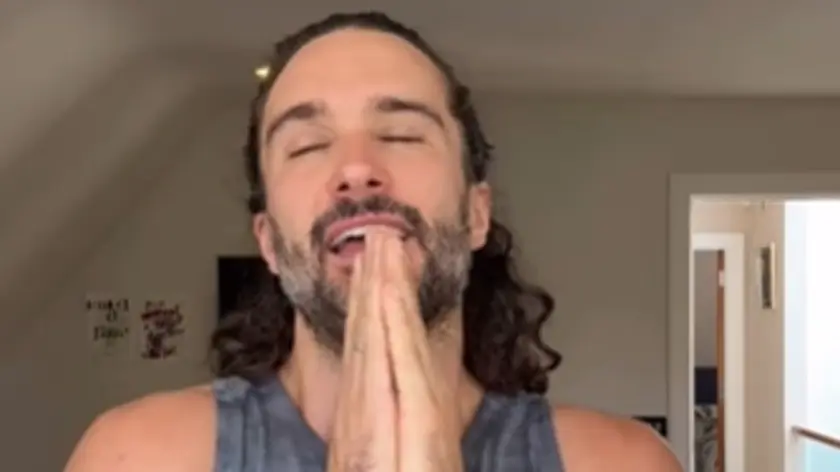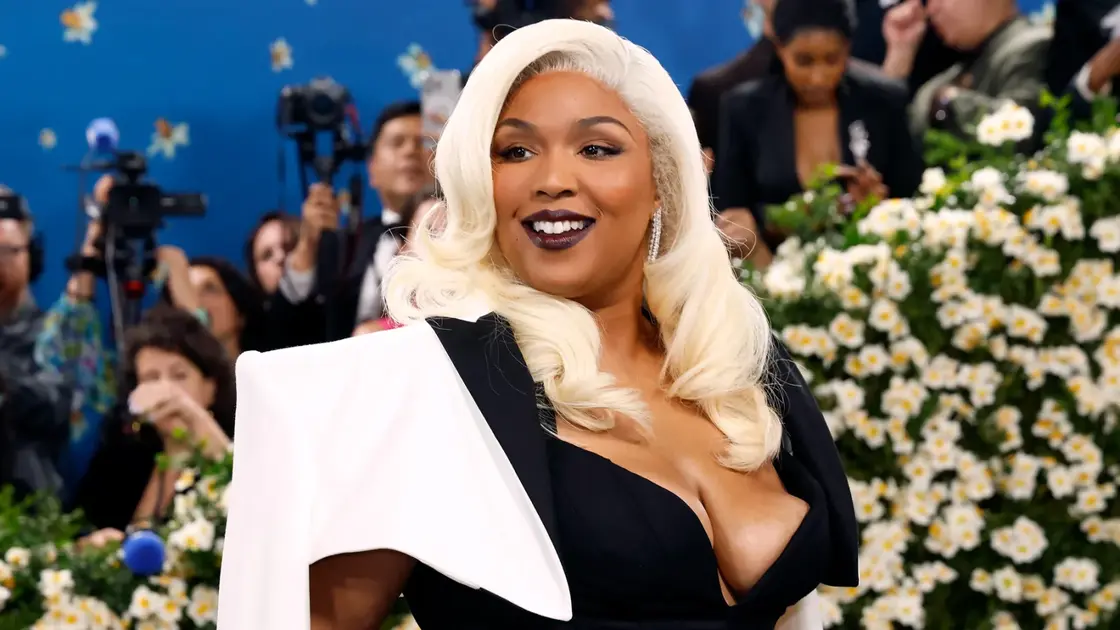T4K3.news
Wicks faces health messaging backlash
Joe Wicks details a relapse in his sugar free journey and experts warn about risky messaging for millions of followers.

The Body Coach details a relapse in his sugar free diet drawing concern from health experts about messaging and eating patterns.
Wicks sugar free journey triggers expert warnings
The Body Coach Joe Wicks, 39, has shared a setback in his effort to cut added sugar from his diet. He posted a video saying he had a relapse during a Gladiators celebrity shoot and admitted he binged on sweets, brownies, and fruit in the following days. He described a moment in a green room piled with treats and said a single packet of Jaffa Cakes derailed him after weeks of restraint. He also noted that he is not aiming to be sugar free for life, but to reduce sugar overall, and he reflected on personal factors such as neck injury, poor sleep, and gloomy weather that affected his mood and appetite. He added that certain food choices, like half a melon or several pieces of fruit, felt excessive to him and spoke of sugar as something he must manage rather than completely banish.
Key Takeaways
"Relapse is a serious word. It belongs in conversations about drug addiction, not Jaffa Cakes."
Joshua Hill criticizes the framing used by Wicks
"He's not quite qualified to talk about this stuff and he needs an intervention."
Robert Moir questions expertise and calls for caution
"Cut out sugar for yourself if you want, but using a massive platform to demonise it is dangerous."
Fan response to the messaging around sugar
"Relapse is used here as a medical term and it should not be treated lightly"
Hayley Field challenges the vocabulary around sugar
This episode highlights how a high profile fitness figure can influence public attitudes toward food and dieting. The language used by Wicks, including the idea of sugar as an addictive substance and the idea of relapse, invites scrutiny about the responsibility that comes with a large audience. Nutritionists caution that framing sugar as a dangerous external force can push followers toward restrictive or disordered eating patterns and away from balanced habits. The online reaction shows both support and worry, underscoring a broader debate about how far public figures should go in sharing personal health experiments. The incident also raises questions about the role of media appearances in shaping dieting narratives and the need for clear, evidence based guidance from health professionals on social platforms.
Highlights
- Sugar is not a healthy messaging tool for a platform this big
- Public figures shape how we talk about food
- Demonising sugar can fuel harmful eating cycles
- Language matters when real people look up to you
Backlash risk over influencer sugar messaging
Health professionals warn that calling sugar addictive and describing a relapse can influence followers toward extreme dieting. The episode underscores how a public figure’s personal health experiments may shape consumer choices and undermine nuanced nutrition guidance.
Public health messaging should guide this growing conversation.
Enjoyed this? Let your friends know!
Related News

Mia Khalifa maintains support for Palestine amidst backlash

Lizzo Shares Insights on Weight Loss and Mental Health

TikTok user Liv faces backlash for weight-loss journey

Aalborg Zoo faces backlash over feeding donated animals to lions

Sydney Sweeney criticized for sexualized jeans ad

Sydney Sweeney's American Eagle Campaign Sparks Controversy

Junior Doctor Faces Backlash Over Luxury Holiday

Pauline Ferrand-Prévot faces backlash for weight loss strategy
